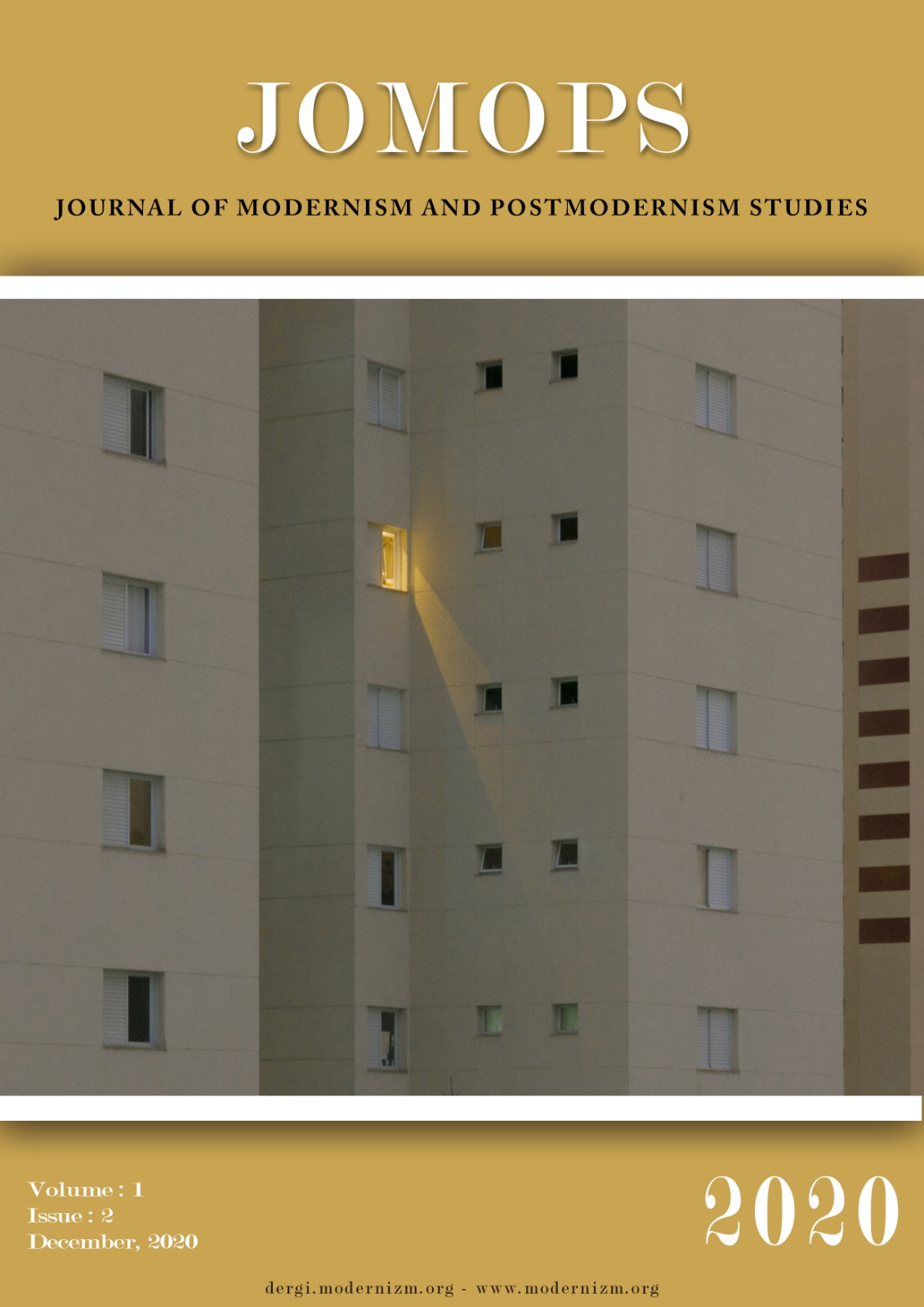
Journal of Modernism and Postmodernism Studies
Yazarlar: RANA ELBOWETY
Konular:-
DOI:10.47333/modernizm.2021171847
Anahtar Kelimeler:Poststructuralism,Bourdieu,Cultural Capital,Agency,Field,Anthology
Özet: The second half of the twentieth century gave rise to poststructuralism, one of several movements that played a central role in liberating the literary canon from the confines of hegemonic Western-centrism. By transcending the limitations of systematic inquiry and calling for a dialectical approach to literary studies, poststructuralism contributed to revolutionizing the domain, impacting the process of canon formation in the last two decades of the century. French sociologist Pierre Bourdieu’s development of the concept of the field had a profound impact on the study of literature and actively contributed to redefining the literary canon and expanding its boundaries. Such expansion and its repercussions can be traced by examining collections such as anthologies. By tracing the hierarchy of the agency of anthologies, their editors, and literary texts through a reinterpretation of Bourdieu’s concept of the field, this article examines how this concept remains relevant to understanding the dynamics of power players in the subfield of anthology-making.